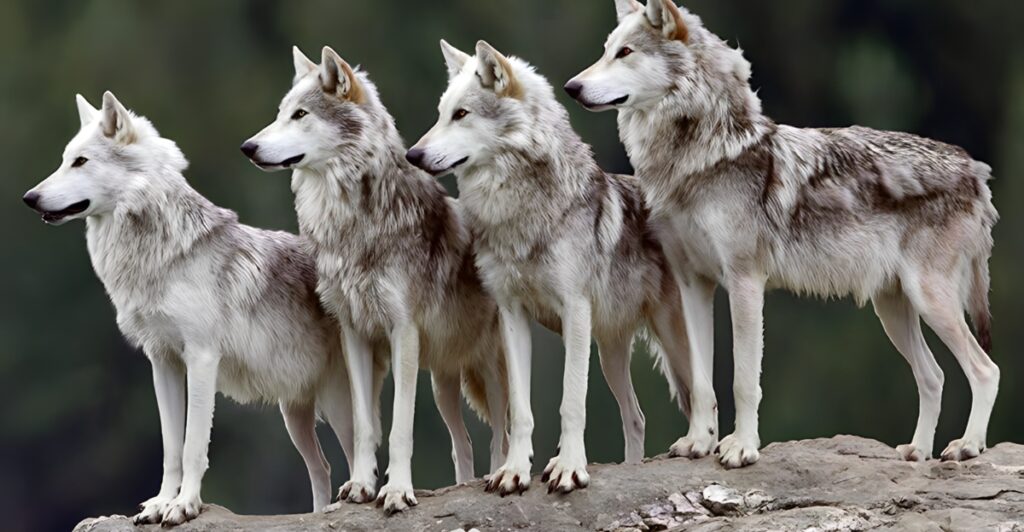
California’s Sierra Valley recently became home to the state’s third new wolf pack of the year, dubbed the Diamond Pack. This marks a milestone in the ongoing recovery of wolves in the region. The pack, consisting of one male and one female, has been traveling together for at least six months, offering hope for a burgeoning population after over a century of near-absence
The Origins of the Diamond Pack
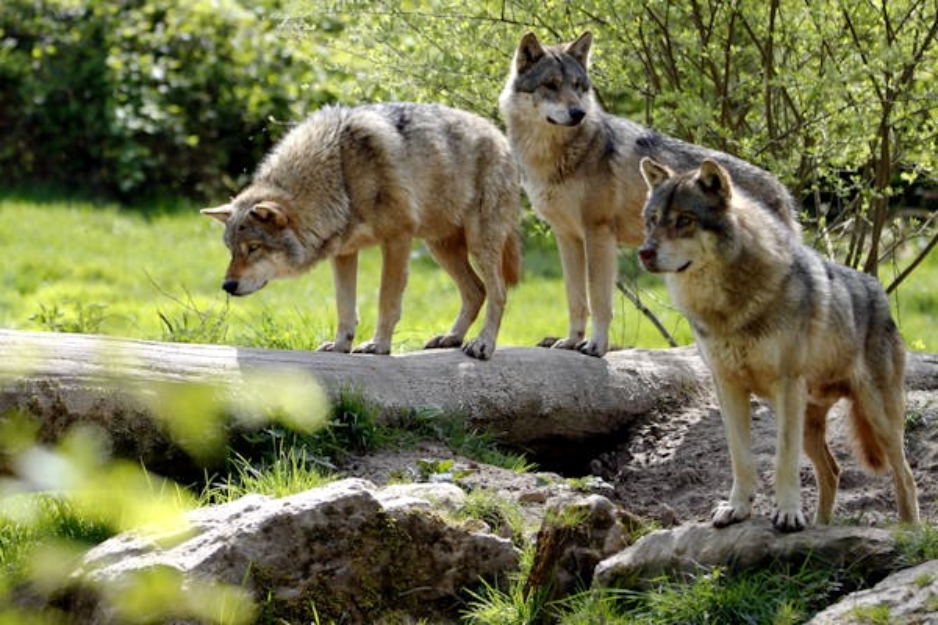
The female wolf of the pack is a disperser from the well-known Lassen Pack, a symbol of resilience in California’s wolf reintroduction efforts. Her male counterpart, however, remains an enigma as researchers are still tracing his lineage. This pairing reflects the growing range and adaptability of wolves as they establish territories across the state
Rapid Expansion of Wolf Populations
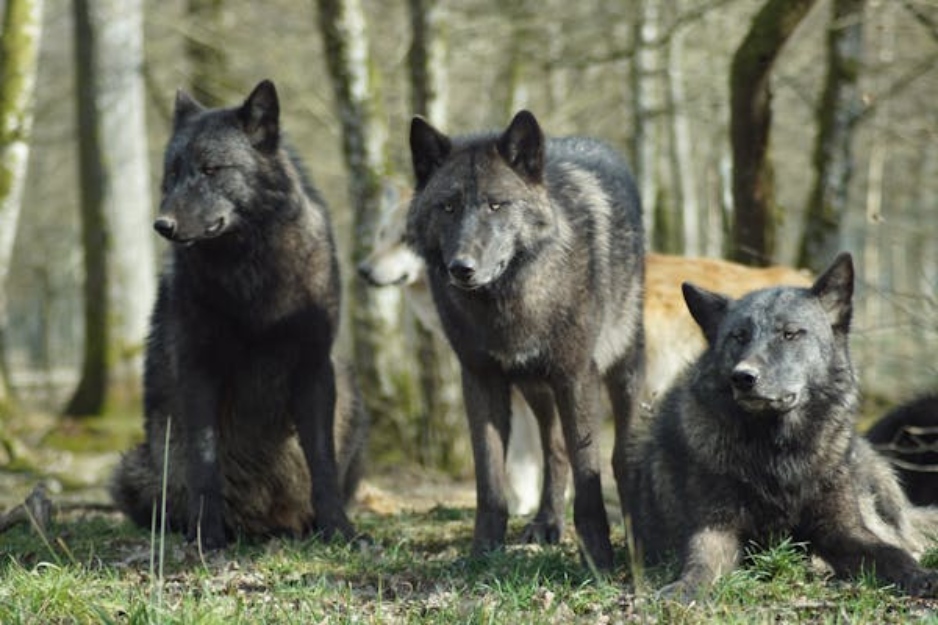
The discovery of the Diamond Pack is part of a larger trend: California’s wolf population has seen its largest single-year increase in decades. So far, 30 wolf pups have been born across the state this year. This resurgence is a testament to successful conservation strategies, though it also brings new challenges
Conservation Success and Challenges
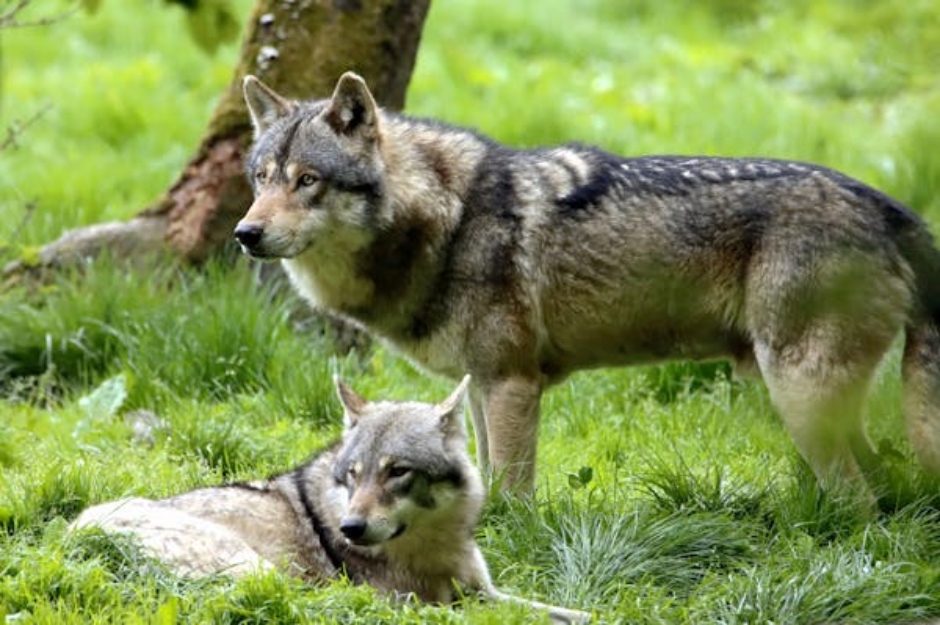
The Diamond Pack’s emergence underscores the effectiveness of current wolf recovery programs. However, their presence near human communities and livestock areas raises critical questions. Ranchers and wildlife officials are working to balance ecological goals with the economic realities of rural life
The Role of the California Wolf Project
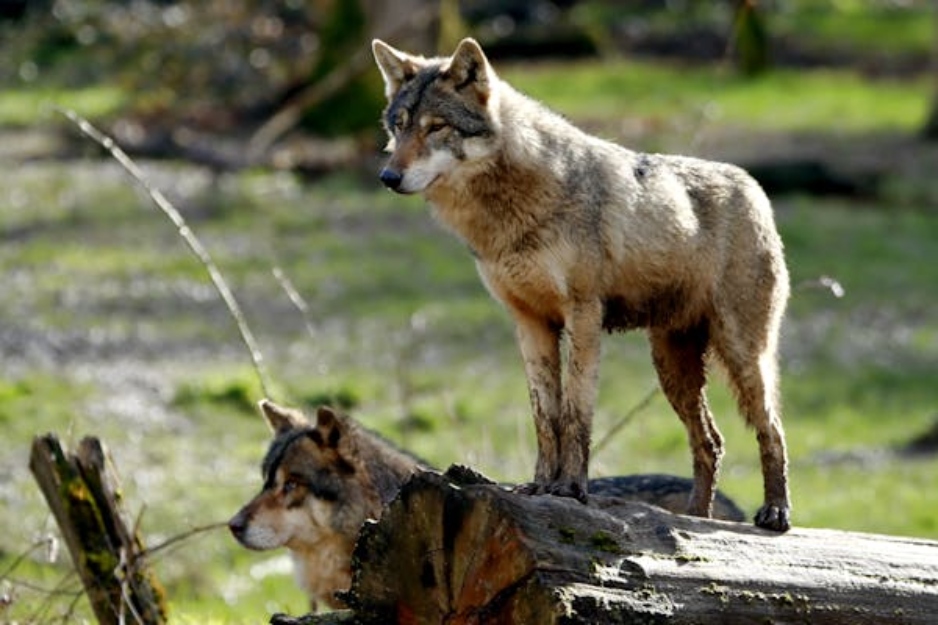
Organizations like the California Wolf Project are pivotal in studying and managing this dynamic. They focus on the social, ecological, and economic impacts of wolf reintroduction, aiming to foster coexistence between wolves and humans. Their work includes developing strategies to minimize livestock losses and improve public understanding of wolves
Tracking Wolf Movements
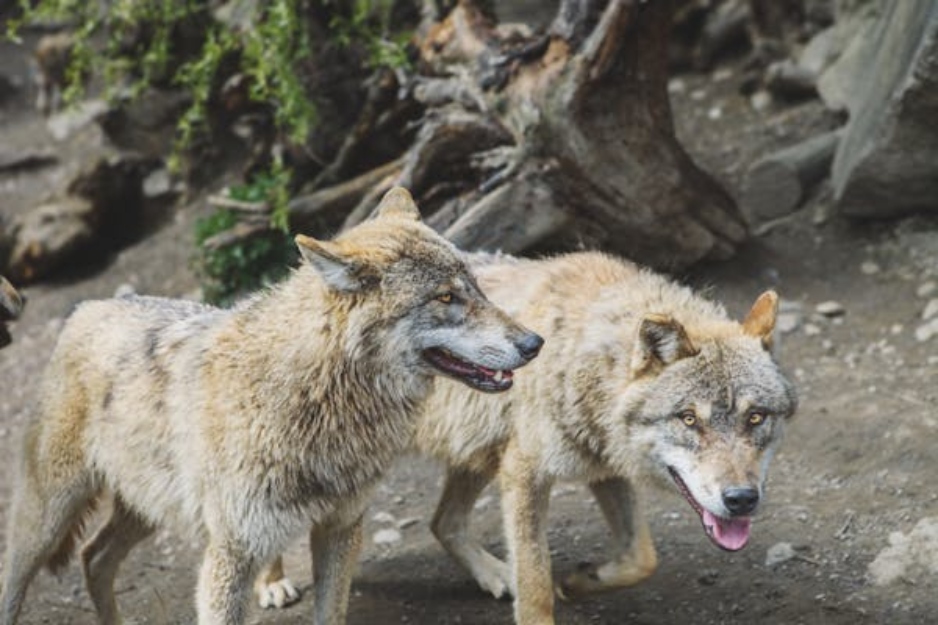
Advanced tracking technologies have played a crucial role in monitoring the Diamond Pack. GPS collars and camera traps provide data on their movements, enabling biologists to predict their behavior and address potential conflicts proactively. Such insights are invaluable for formulating informed conservation policies
Ecological Impacts of Wolf Recovery
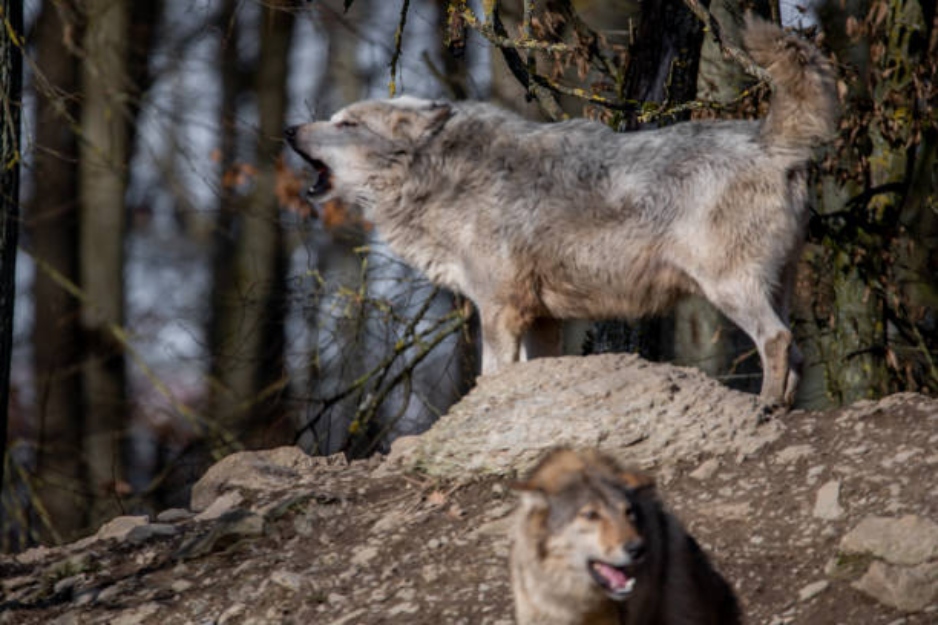
Wolves are apex predators, and their return to California ecosystems is expected to bring significant ecological benefits. By controlling deer and elk populations, they help maintain balance in forested areas, preventing overgrazing and promoting biodiversity. The Diamond Pack could play a crucial role in revitalizing local ecosystems
Potential Expansion Toward Urban Areas

Interestingly, the Diamond Pack’s territory lies near urban zones, including Lake Tahoe and Reno. This proximity highlights the complexities of wolf reintroduction in densely populated regions. Researchers are keenly observing whether the pack will expand its range further south
Livestock Concerns and Mitigation Strategies
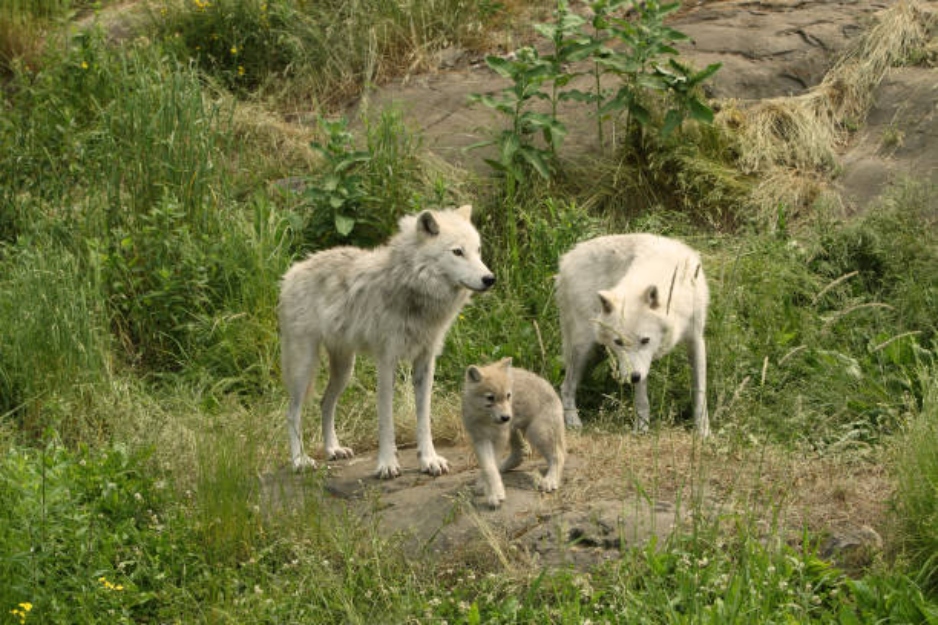
Despite the ecological benefits, the return of wolves poses significant challenges for ranchers. Predation on livestock can lead to economic losses, prompting the need for effective mitigation measures. Programs offering compensation and preventive tools, such as guard dogs and secure fencing, are being expanded
The Public’s Role in Wolf Conservation
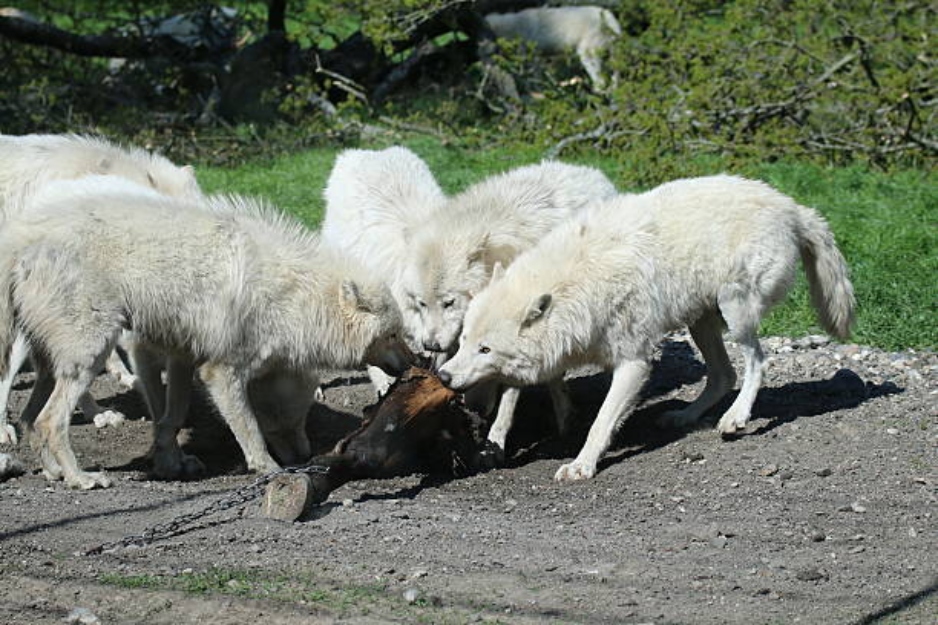
Public perception plays a pivotal role in the success of wolf recovery. Educational campaigns aim to dispel myths and foster appreciation for these misunderstood animals. By involving local communities in conservation efforts, officials hope to build a more sustainable coexistence
Legal Protections and Policy Implications
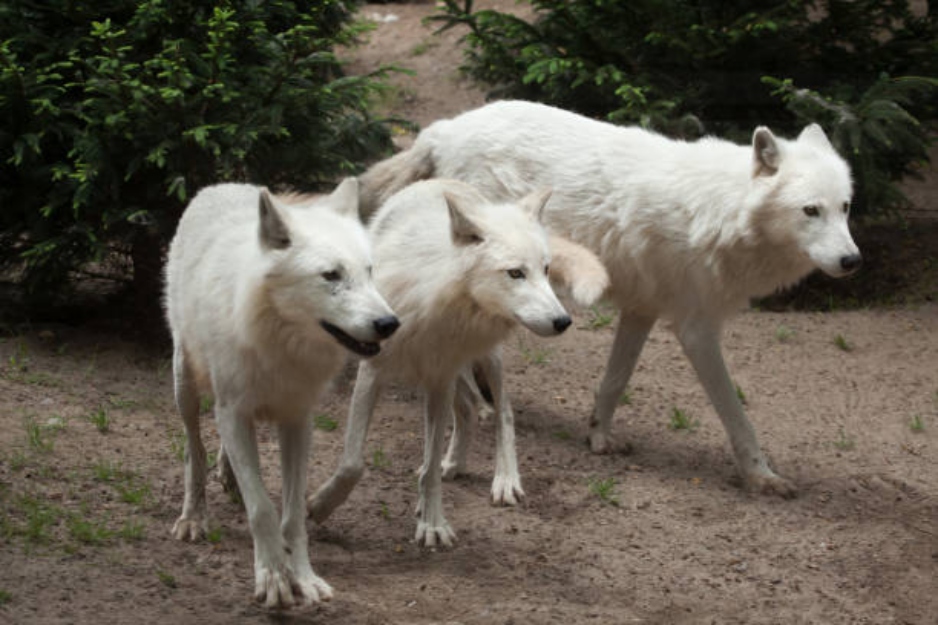
The Diamond Pack enjoys strong legal protections under California’s Endangered Species Act. However, debates continue over how best to balance these protections with the needs of human communities. Policymakers are exploring frameworks that ensure both wolf survival and economic stability
Future Prospects for California’s Wolves
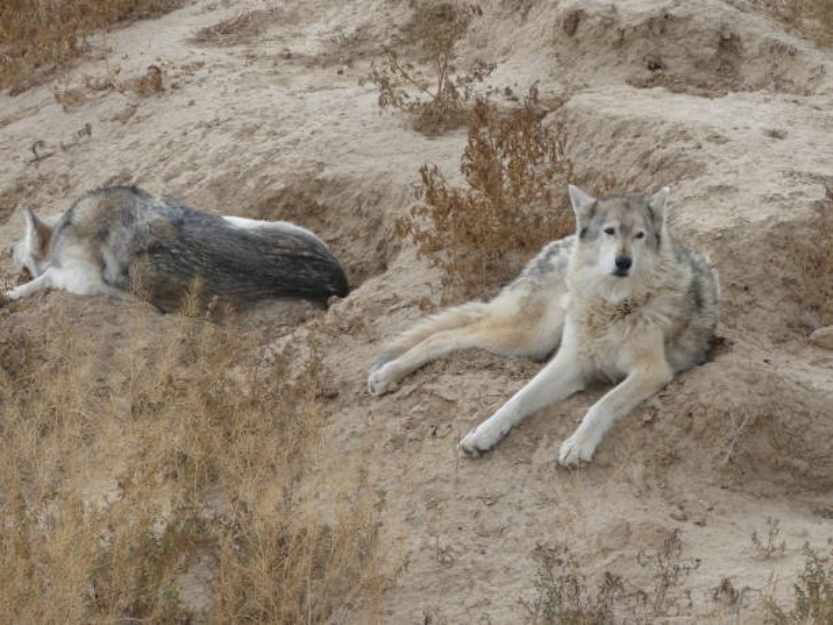
Looking ahead, experts predict further growth in California’s wolf population. The Diamond Pack could serve as a catalyst for new packs, spreading genetic diversity and strengthening the species’ foothold in the state. However, continuous monitoring and adaptive management will be crucial
A Symbol of Hope and Resilience
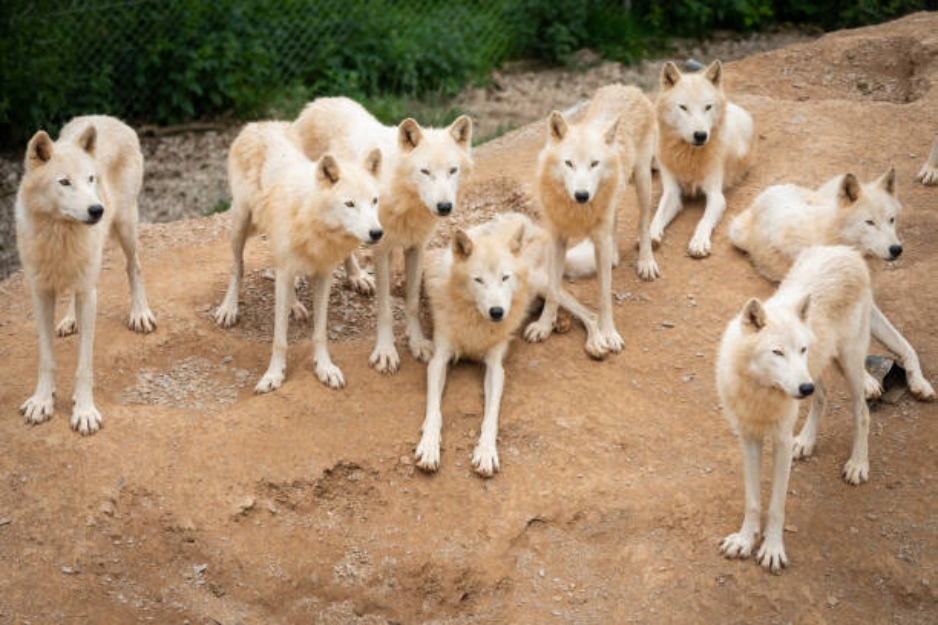
The Diamond Pack stands as a symbol of hope for wildlife enthusiasts and conservationists alike. Their journey exemplifies the resilience of nature and the potential for harmonious coexistence between humans and wolves. As they carve out their territory, the pack’s story will undoubtedly inspire future conservation efforts
Stay connected with us for more stories like this! Follow us to get the latest updates or hit the Follow button at the top of this article, and let us know what you think by leaving your feedback below. We’d love to hear from you!







